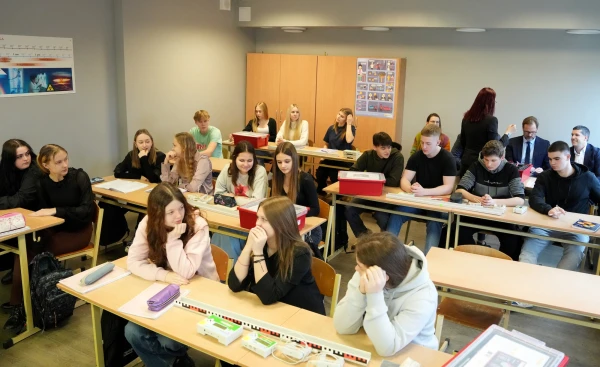
The transition of Latvian schools to teaching exclusively in the state language has not been smooth. Politicians talk about successful integration, but the real picture is only visible in the schools themselves, writes la.lv.
Andris Priekulis, the director of the Riga State 3rd Gymnasium, stated on the TV24 program "Dienas personība" that teachers in some former national minority schools are facing serious difficulties.
"I receive suggestions to introduce assistants in Latvian language classes or to divide classes into groups because the level of language proficiency among the children varies. However, the system does not respond to this," Priekulis noted.
According to him, the state supports schools where Russian was previously taught, but "Latvian schools remain neglected."
"Sometimes I even want to set a barrier for obtaining a certificate in the Latvian language to prevent students without the required level from entering — it is very difficult for a teacher to work when the children simply do not understand him," he added.
History teacher Kaspars Spunde recently spoke about similar problems, and his publication on social media sparked a strong reaction. He described the situation in one of the Riga schools where most students do not understand the Latvian language, despite being in grades 6-9.
"My only tool — the language — is not working. Many children do not speak, read, or understand Latvian. This is a disaster," the educator wrote.
He also noted that the gradual transition to teaching in Latvian has largely turned out to be a fiction, and the blame lies with the inaction of schools and parents who did not provide the children with the necessary knowledge.
Under the teacher's publication, there were numerous comments.
Some users pointed out that Latvia lacks a system for quick support for children who do not speak the language, and more and more teachers are working "blindly." Others reminded that in the UK or Scandinavia, such problems are simply solved — students with a low language level are provided with assistants or separate adaptation courses.
There were also emotional responses:
"Who said it would be easy? Parents must understand: fighting for the 'right to speak in one's native language' through their children is depriving them of their future," one commenter wrote.
"If a child does not know the language — let them stay in the same grade for another year, that is the responsibility of them and their parents," another added.
In the comments, it is also acknowledged: the state has known about the problem for a long time but preferred to pretend that the transition was successful. Now the consequences of this decision are visible in the classrooms — teachers are struggling, and students are not coping.
At the same time, as one of the educators noted, "now we need to not look for those to blame, but to create real support: additional classes, understandable educational materials, adapted assessments. Otherwise, we will lose an entire generation of students."





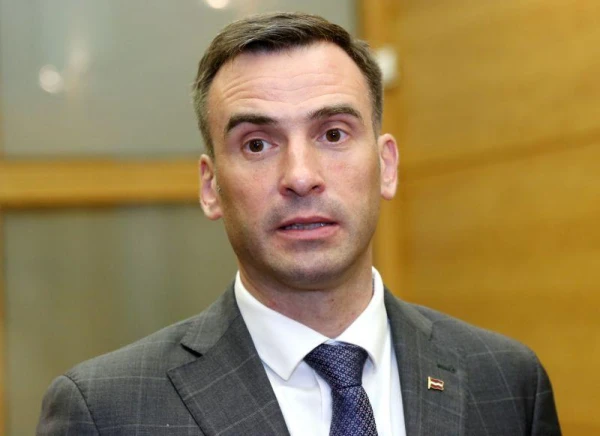
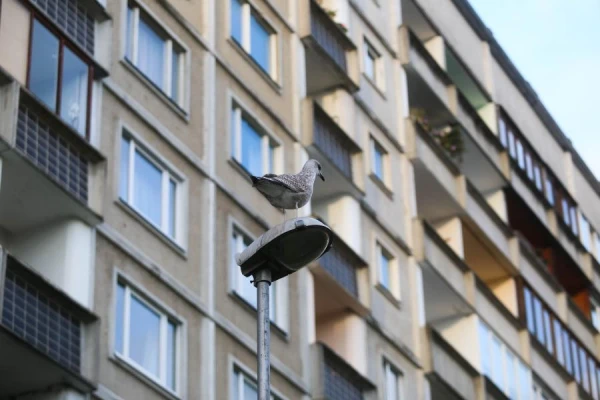
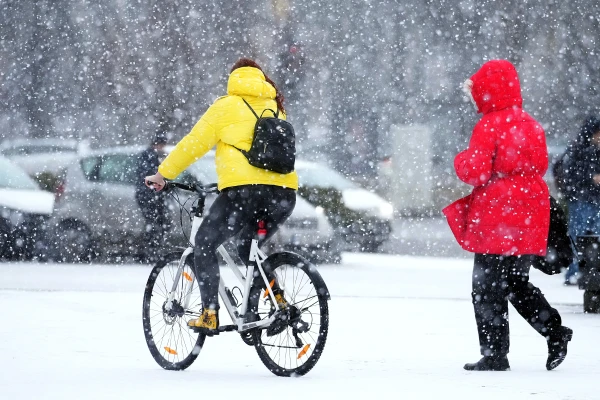
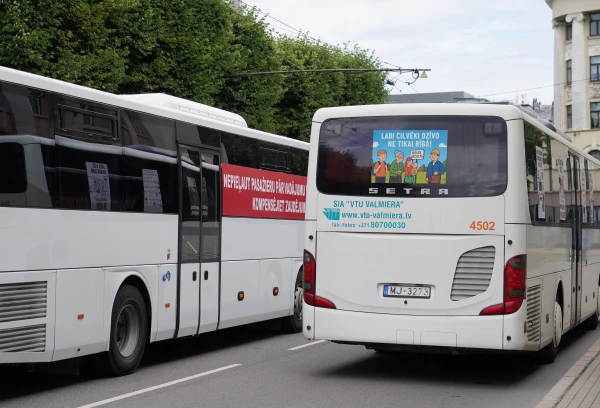
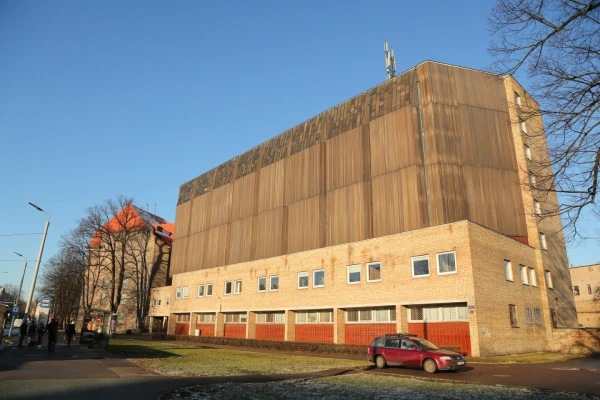



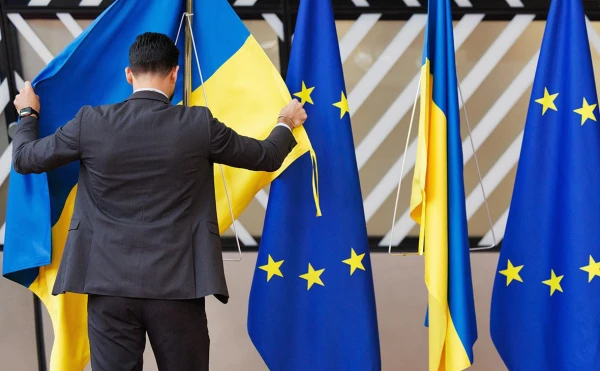
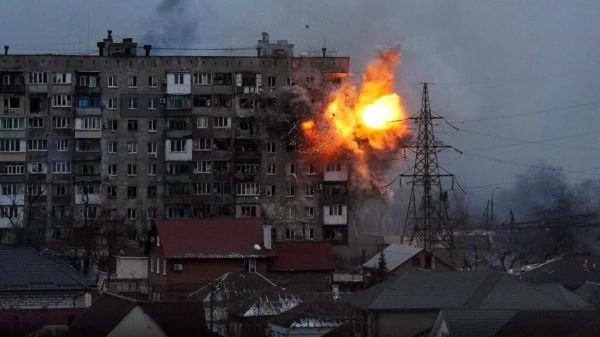
Leave a comment